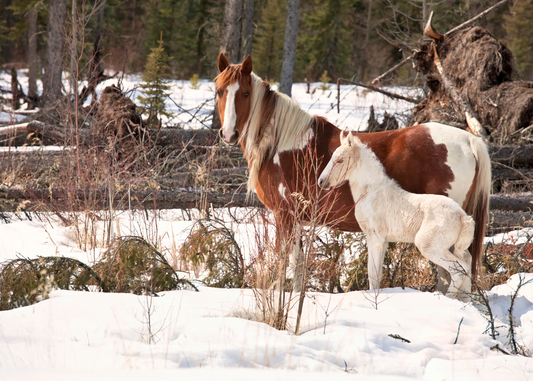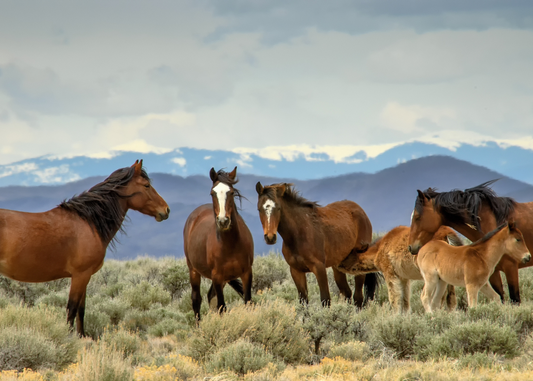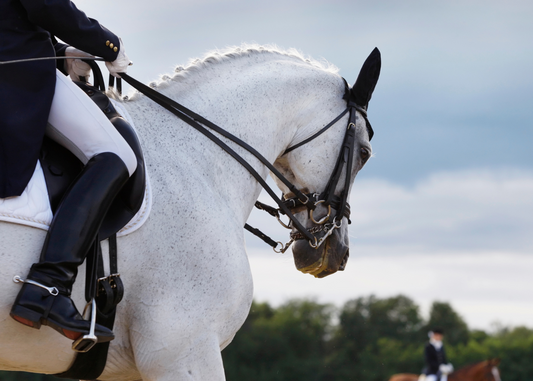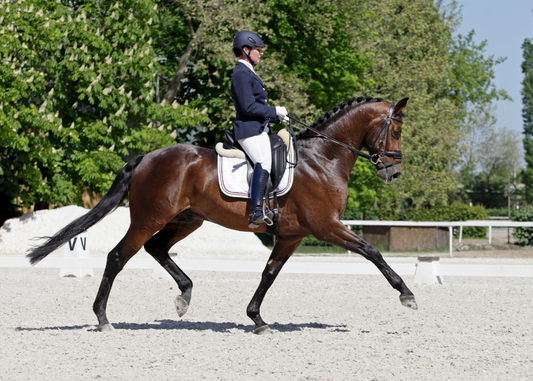Equestrian sports are not just about skill, technique, or even athleticism—they are a test of mental strength, patience, and resilience. Unlike traditional sports, where the only variable is human performance, riding and driving require working in sync with a living, thinking, and sometimes unpredictable partner. Horses have an incredible way of teaching us life lessons, and perhaps the most valuable one of all is resilience.
Falling Down and Getting Back Up—Literally and Figuratively
Every equestrian has heard the saying: "If you fall off, you get back on." But beyond the literal aspect, this lesson runs deep. Riding and driving are filled with setbacks—missed distances, refusals, eliminations, and unexpected challenges. Horses teach us that failure isn’t the end; it’s just part of the journey. The ability to brush off the dust (sometimes literally), assess what went wrong, and try again is what makes great riders, drivers and leaders.
In equestrian sports, perfection is unattainable. One day, you nail every transition or drive a flawless cones course; the next, your horse refuses a jump or spooks at a shadow. Success isn’t about never failing—it’s about learning, adjusting, and moving forward.
Patience and Emotional Control
Horses demand patience. You can’t rush training, force progress, or expect instant results. A frustrated rider creates a tense horse, and in driving, an impatient hand can ruin a delicate rein aid. To succeed, equestrians must learn to regulate their emotions, stay calm under pressure, and adjust their approach.
This level of self-awareness and emotional control extends far beyond the barn. Whether in competition, business, or daily life, those who master patience and composure have a significant advantage.

Problem-Solving Under Pressure
Riding and driving require constant decision-making. Adjusting strides before a fence, choosing the right moment to half-halt, reacting to a spook—all of these are split-second decisions that require clear thinking under pressure. The ability to stay focused, adapt quickly, and problem-solve in real time is an essential skill in both the equestrian world and life itself.
Horses teach us to stay in the moment—to focus on what we can control and not dwell on what we can’t. In a sport where unpredictability is the norm, the ability to think on your feet (or in the saddle) is invaluable.

Building Confidence Through Trust
Confidence isn’t about arrogance; it’s about trust—both in yourself and in your horse. The greatest partnerships are built on mutual respect, and confidence comes from knowing you’ve put in the work, prepared for the challenges, and trust your horse to do the same.
Every small victory—whether it's finally mastering a collected canter, getting through a tricky water obstacle, or simply earning a horse’s trust—builds a foundation of confidence that extends far beyond the sport.
The Equestrian Mindset: Strength in the Face of Adversity
Resilience in equestrian sports isn’t just about being tough—it’s about having the grit, patience, adaptability, and confidence to push through challenges and come out stronger. The lessons we learn in the saddle or the carriage translate into everyday life, shaping us into more determined, mindful, and persistent individuals.
Horses don’t just make us better riders or drivers—they make us better people.















